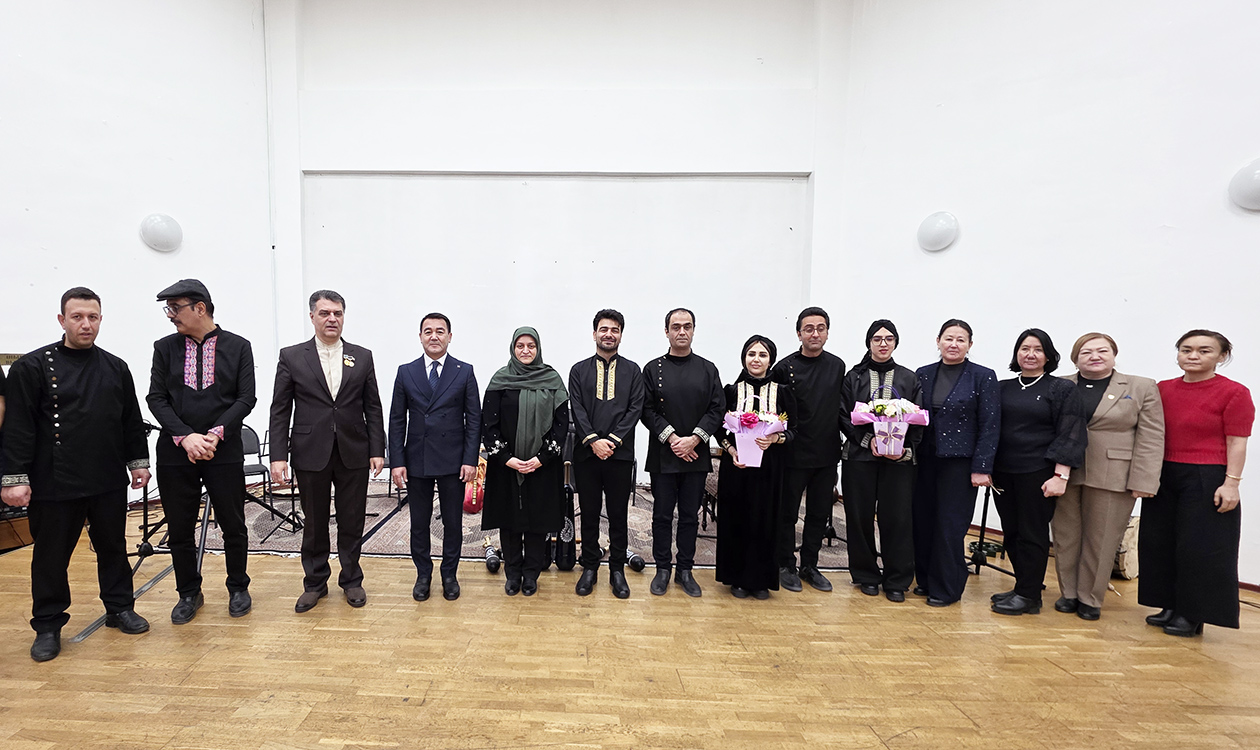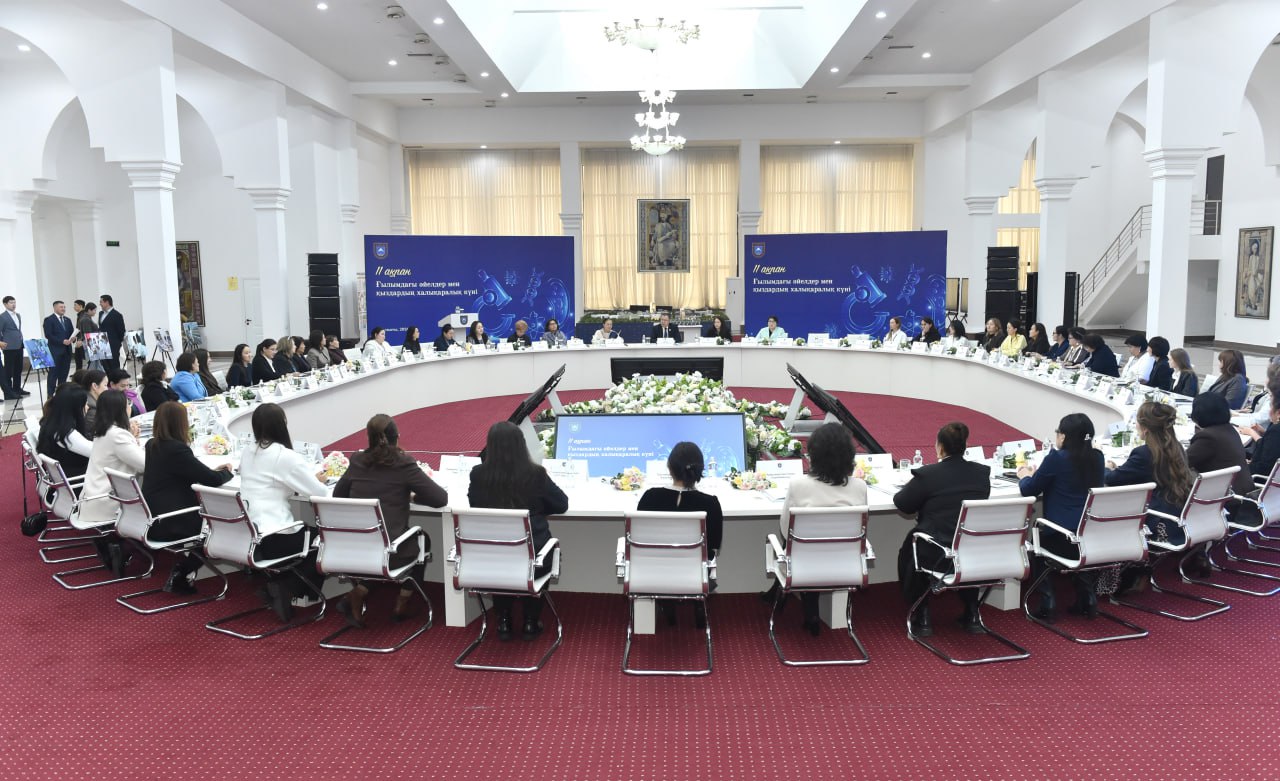- Main
- News
- Faculty Members of the SSTNM Department of Al-Farabi KazNU Took Part in the XVI International Symposium on Combustion, Plasma Chemistry and Nanomaterials. SDG 7 and SDG 13
Faculty Members of the SSTNM Department of Al-Farabi KazNU Took Part in the XVI International Symposium on Combustion, Plasma Chemistry and Nanomaterials. SDG 7 and SDG 13
On 1–3 October 2025, the city of Almaty hosted the XVI International Symposium “Combustion and Plasma Chemistry. Physics and Chemistry of Carbon and Nanoenergetic Materials”, jointly organized by the Institute of Combustion Problems, Al-Farabi Kazakh National University (KazNU), and the Kazakhstan-British Technical University (KBTU).
The symposium brought together leading scholars from Kazakhstan, Russia, China, Israel, Uzbekistan and other countries. More than 150 participants presented recent research results in the fields of combustion, plasma chemistry, carbon-based and nano-energetic materials.
Faculty members of the Department of Solid-State Physics and Technology of New Materials (SSTNM) of the Faculty of Physics and Technology at KazNU delivered oral and poster presentations on advanced nanotechnologies, functional and energy materials.
A highlight of the event was the presentation by Assoc. Prof. Oleg Yurievich Prikhodko from the SSTNM Department, delivered on 2 October 2025 during the “Plasma Chemistry and Nanomaterials” session at the KazNU Scientific Library.
In his talk entitled “Possibility of the Ion-Plasma Sputtering Method for Obtaining Amorphous Phase-Transition GST Films Modified with Nitrogen”, he presented the team’s results on the development of nitrogen-modified phase-transition Ge-Sb-Te thin films for next-generation energy-efficient memory devices.
Participation of the department’s academic staff in such a prestigious international scientific forum not only strengthens KazNU’s reputation in nanomaterials and high-tech research but also contributes to achieving the United Nations Sustainable Development Goals (SDGs):
-
SDG 7 – Affordable and Clean Energy: research on novel carbon-based and hybrid materials for energy storage and hydrogen energy development;
-
SDG 13 – Climate Action: deployment of energy-efficient and low-carbon technological solutions for industry and energy sectors.
This participation highlights the Faculty’s contribution to fostering international scientific cooperation and advancing environmentally sustainable innovations.
Other news


